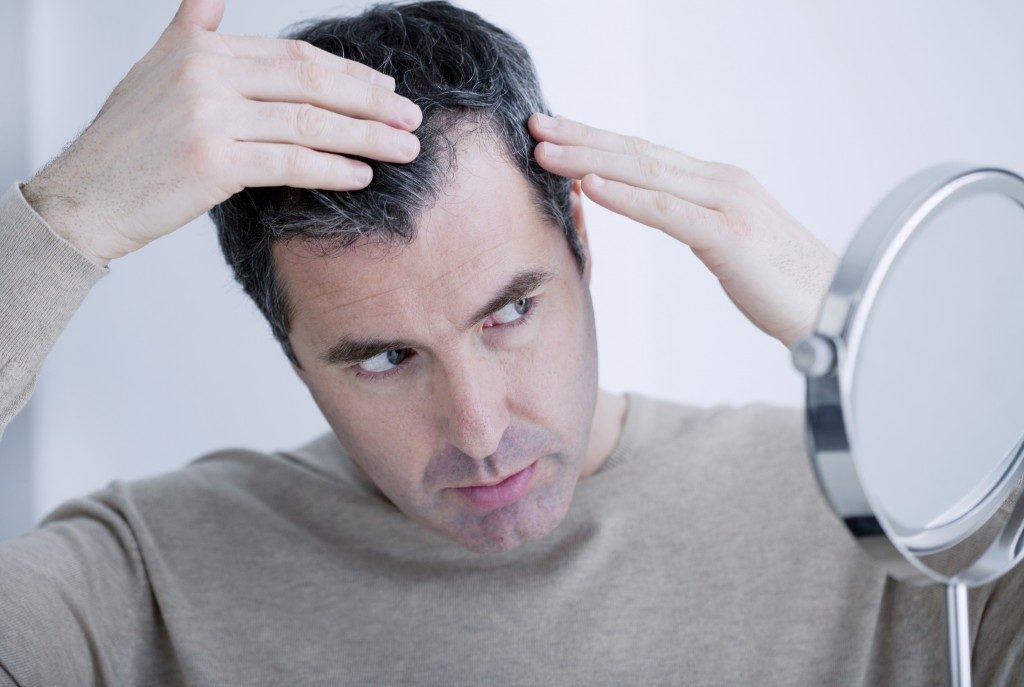Hair and scalp conditions are really not that uncommon. However, they can be extremely embarrassing since you can’t hide them easily. People usually consider their hair as part of their identity, so when they have problems with their hair and scalp, it might negatively affect their confidence. Fortunately, knowing warning signs to watch out for will help you figure out the proper treatment for your specific condition. Below are three of the most common hair and scalp conditions and how you can resolve them:
1. Dandruff
If you experience small white flakes regularly snowing from your head to your shoulders, you probably have seborrheic dermatitis, commonly known as dandruff. Aside from the white flakes, this can cause severe itchiness, soreness, and inflammation of the scalp. Common treatments include shampoo with ketoconazole, zinc pyrithoine, salicylic acid, and tar. Generally speaking, these ingredients combat dandruff-causing fungus and exfoliate the scalp to prevent the formation of flakes.
If you’re looking for a more natural and soothing treatment, consider shampoo that contains black mud such as Black Mud Shampoo from Kedma Skincare Philippines. Specifically developed for irritated and oily scalp, this shampoo harnesses the power of black mud and Dead Sea minerals to soothe itchiness and address dryness. It also contains vitamins C, B5, and E for nourishing the scalp and hair and protecting them from sun damage.
2. Hair Loss
Although thinning hair is usually associated with aging, particularly in males, it can affect both males and females for many different reasons. For example, you might have an iron deficiency, autoimmune condition, genetic risk factors, hormonal imbalance, or a thyroid disorder. Hair loss might likewise be triggered by malnutrition, physical and emotional stress, as well as certain medications. When it comes to treating hair loss, your doctor will have to figure out what might be causing you to lose your hair in order to recommend the right treatment options. You might need to undergo blood tests to determine whether you have hormonal issues, a thyroid condition, an autoimmune disorder, diabetes, or iron deficiency.
3. Scalp Psoriasis

Psoriasis is basically an autoimmune disorder that can affect specific parts or the body or any part of the body. Similar to dandruff, it causes severe itchiness and flaking, but with thick, red, and raised scaly patches. You might have one or several patches, or have psoriasis patches everywhere on the scalp. These patches might appear behind the ears, on the back of the head, and on the forehead. Treatment for scalp psoriasis will mainly depend on the severity of the condition, which usually includes medicated shampoo that contains salicylic acid for reducing flaking and topical corticosteroids for addressing thicker scales and reducing inflammation. Other treatments also include medications called immunomodulators for regulating the immune system as well as light therapy.
It’s no secret that scalp and hair conditions can significantly affect your self-confidence. Therefore, if you’re battling dandruff flakes, severe itching, or scaly patches, listen to what these warning signs are telling you and go to a professional to get your symptoms evaluated as soon as possible.

